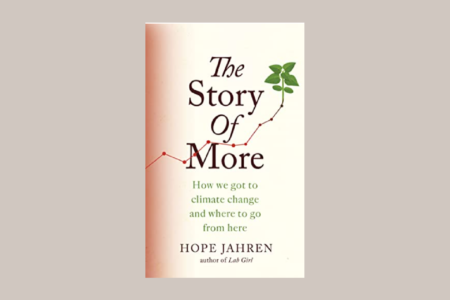The collection of 75 Stanley cups has come under scrutiny as being environmentally unfriendly, which is a startling discovery that throws light on the larger problem of sustainable practices. This essay, written by Katie Notopoulos, explores the hidden environmental costs associated with collecting a large number of metal water bottles, even though at first they seemed like a more environmentally friendly option than single-use plastic bottles.
The usage of reusable water bottles has become more common because of the eco-conscious movement, which aims to lessen our carbon footprint. The goal of buying items such as the forty-five dollar Stanley Quencher is admirable—it is meant to replace single-use plastic water bottles—but it is impossible to ignore the environmental cost of producing these stainless steel cups. In order to counteract the environmental effect associated with their production, substantial usage is required.
While sustainability was the original driving force behind this trend, it has since evolved into a phenomenon where the accumulation of these products may outweigh their environmental advantages. Reusable products are everywhere in homes: from bags meant to replace single-use plastic bags to a variety of appliances like steel straws that collapse and reusable food containers. Owning several reusable mugs is ironic, as Sandra Goldmark from Columbia University’s Climate School points out, since the main concept is to replace hundreds of single-use cups with one reusable mug. Gathering a collection does not yield the same environmental benefits as frequent use over an extended period of time.

Adding a twist to the story, Stanley cups have become increasingly popular, particularly among younger people, although this trend has faded as newer products like Owala bottles take center stage. This change emphasizes how ephemeral these trends are and how crucial long-term use is over popularity in the near term.
The lesson for the environment is simple: although having one Stanley cup is good, accumulating several compromises the sustainability objective. This situation reflects a larger criticism of ostentatious purchasing in the social media era, where the need for fashionable goods collides with sincere efforts to reduce carbon emissions.
Consider subscribing to sustainability-focused newsletters, which provide weekly updates on corporate policies and practices that promote environmental well-being, for further perspectives on sustainable living and the effects of consumer decisions on the environment.
This dialog invites people to think more broadly about sustainability and the true effects of things that are labeled as eco-friendly, as well as their own shopping patterns. Check out these linked articles for additional reading on the effects of popular products and trends on the environment:
- Stanley cup lawsuits over lead usage
- The shift from Stanley to Owala and Hydro Flask
- Millennials’ obsession with Stanley cups
By critically evaluating our choices and their environmental consequences, we can navigate towards more sustainable living practices, prioritizing long-term environmental benefits over short-lived trends.




